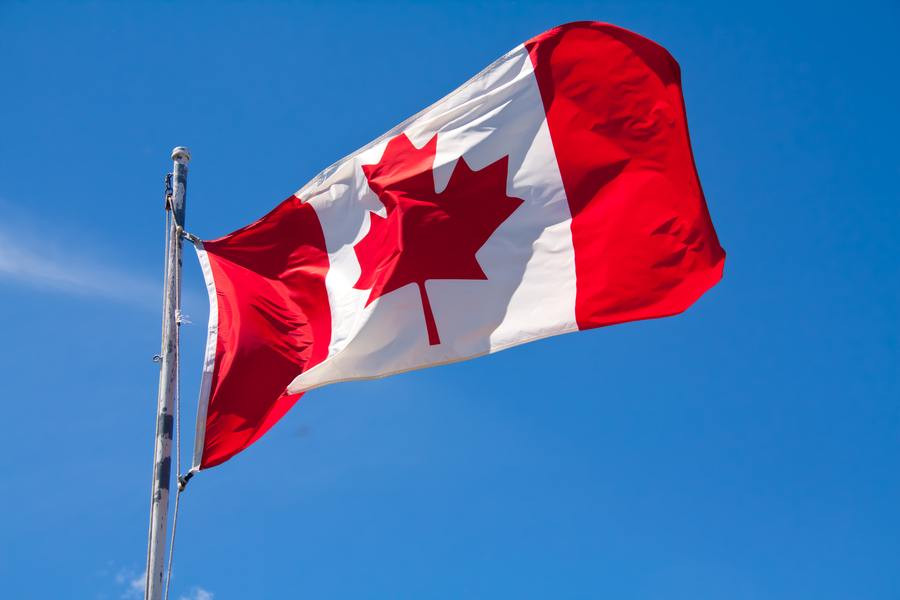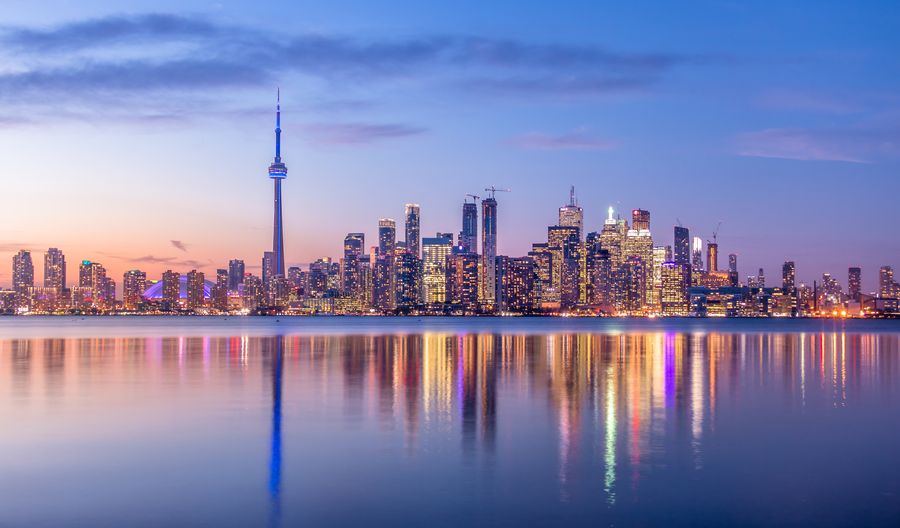Last Updated on October 24, 2023 by Corben Grant
When it comes to housing affordability issues plaguing the Canadian real estate industry, there are few areas more emblematic than others. For instance, the city of Vancouver. The city’s real estate sector has experienced decades-long increases in prices that have only seemed to accelerate as time has gone on resulting in some of the .
Even before the pandemic, there was major concern about the rise in housing costs and the events of the last few years have only made it more apparent just how dire the situation has become. Unfortunately, despite calls for actions to cool the market, it still continues largely unchecked. What exactly causes a city like Vancouver to have such high house prices? Where are they headed in the future? What can be done to cool the market?
We are going to look at these questions and more in this article.
Current prices in the Vancouver real estate market
The Real Estate Board of Greater Vancouver (REBGV) tracks the prices of property in the city of Vancouver and the Metro Vancouver area that comprises over 20 peripheral municipalities in the lower mainland such as Surrey, Burnaby, and Richmond.
According to their most recent statistics from December 2021, the average price for a detached single-family home in metro Vancouver was $1,910,200 while townhouses sold for $1,004,900 and apartments for $761,800. These prices increase an average of over 17% in 2021 with detached homes increasing by 22%.
Among the major cities in Canada, this makes Vancouver the most expensive of them all to purchase a property.

What drives prices?
There are a number of complicated factors that all influence housing prices. For example, there are material factors such as the price of construction materials and availability of land. There are then economic factors like supply and demand, and social factors like area desirability. Finally, there may be policy factors such as interest rates and tax issues. The price of a home in any real estate market arises from a complex interaction of these factors and more so it’s hard to say that any single thing influences prices.
However, there are also predictable facts about prices like the fact that large metropolitan areas tend to have higher prices than more rural ones, or that low interest rates can drive prices up.
One major issue in the housing market both in metro Vancouver and across Canada is the discrepancy between housing supply and housing demand. Essentially, the number of Canadians ready and able to buy homes greatly exceeds the number of homes that are actually on the market and more people are coming of age or immigrating every year at a rate faster than we can produce stock. This is evidenced by the record low supply numbers in Vancouver that only continue to fall.
Keith Stewart from REBGV puts it succinctly in their most recent report: “With demand at record levels, residents shouldn’t expect home price growth to relent until there’s a more adequate supply of housing available to purchase.”
In terms of demand, there are a lot of reasons why people are attracted to the city of Vancouver. For one, Vancouver is a major economic hub. Not only is it one of Canada’s largest cities, it is, by far, the largest on the west coast and represents a major port for the Canadian economy as well as a major entry point for new immigrants.
It’s also near the U.S. border and the closest major city to the western states. As a result, many other businesses have chosen to set up residence here, bringing employees along with it. Finally, it’s in an area that generally has favourable weather and amazing views of the ocean, mountains, and many provincial parks and recreation opportunities, making it an appealing and comfortable place to live.
There has also been the general interest in recent years for real estate as an investment. For many Canadians, this is seen as a very sound investment, and on top of owning their own home, many are choosing to purchase additional investment properties. In recent years, low interest rates, available lines of credit, and additional disposable income have led many into the real estate market, driving prices up. This adds additional demand and competition for first time home buyers who may not have as much money to compete.
Cost of development
At the same time, the cost of new homes has risen as supply chains and labour were limited by the pandemic, the result was overall elevated real estate development prices during the pandemic. Furthermore, new development in Vancouver is hard enough as it is as the surrounding ocean makes available space both rare and expensive. In order to develop more affordable homes in the city, they would essentially have to replace already more expensive homes on the same land which no developer is going to go along with.

Foreign investors and money laundering
One commonly cited concern for real estate in Vancouver is the influence of foreign real estate buyers. The idea is that due to an open real estate market and more lax regulations, many wealthy international investors have chosen to invest in real estate as a place to hold their money.
While this is seen as an issue across the country, cities like Vancouver in particular have a larger amount of foreign investment. The issue has gotten so large that Vancouver has taken measures to mitigate the impact on the city’s real estate market by instating a that charges land owners for leaving their homes empty.
An even more sinister form of money management has been at play in the Vancouver real estate market as well, and that is money laundering. Canada as a whole is considered a safe haven for those looking to hide illegitimate funds through real estate purchases and the practice is believed to contribute, to some extent, to price inflation in cities like Vancouver. Though in recent years, the Canadian Real Estate Association (CREA) and the Financial Transactions and Reports Analysis Centre have been moving to crack down more on these actions as millions of dollars per year are still being laundered in Vancouver real estate.
High prices are good for business
While the high cost of homes is unfortunate for those looking to get into the market, the reality is that many groups have an interest in keeping prices high. Take real estate developers for example. They are naturally going to want to take the largest amount of income from their buildings, and as long as they keep finding buyers, it only makes sense to keep charging as much as possible.
The same goes for real estate agents who take commissions from home sales. In general, why shouldn’t they want homes to sell for as high as possible prices? After all, they aren’t the one’s paying the price, but they do collect on the commission. And for a seller’s agent, the property owners are only going to be happier with you if their home sells for a very high value, meaning it is essentially a win-win to keep prices elevated.
Finally, there are people who derive a large amount of income from high house prices such as home flippers. Flippers take less desirable homes off the market and replace them with more up to date ones, which seems like a benefit until you remember that the price is also inflated and the homes may be victim of the shoddy workmanship that flip homes have, unfortunately, become known for. With such high prices, the margins for flip homes can be much more profitable than in an area with otherwise lower home values.
Is Vancouver real estate worth it?
If you are looking to invest in Vancouver real estate, you may be wondering if the high cost of property in the city can really be worth it. Ultimately, it will depend on your own budget and investment strategy.
Obviously, strictly looking at the home itself, you can get much more property for less money in cooler markets, but it wouldn’t be fair to ignore the value that a prime location can provide. The fact is that Vancouver is a popular and growing city but with a limited amount of land, making it a very hot commodity. That means that the demand for living space will likely only continue to go up and property values, as well as rent prices, will remain at a high level. With so many people investing in the city (and thus, housing prices going up as a result) there is obviously something here that investors are interested in.
The real decision-maker will be your budget. If you can afford it, the city of Vancouver can be a great investment for your money, but there is a high bar to entry for this market.
Will prices go down or up in the Vancouver housing market?
Many who have been priced out of the market are eager for a reversal of price trends and more affordable homes. Unfortunately, this does not seem to be coming in the near future. Most predictions for the coming years indicate continued price growth, though perhaps at a reduced pace than we have seen in recent years.

And the supposed Vancouver real estate bubble is still unseen, though it has been claimed to be just days away for a couple of decades now.
The thing about a city like Vancouver is that the local economy is so developed and entrenched that there will likely always be a relatively high demand when compared to smaller cities. As a result, it is difficult for home prices here to drop very quickly.
Alternatives to Vancouver
If you feel that Vancouver real estate is simply too high, there are many other places you can choose to invest your money instead. When it comes to major cities in Canada, basically any others except Toronto will have much more affordable home values where your money will go farther.
In BC, there are numerous nearby cities such as Victoria, Kelowna, and Abbotsford that have at least slightly better housing prices than Vancouver, though they aren’t exactly comparable to the metropolis of Vancouver.
Finally, you are set on Vancouver, consider the location. You are going to pay the most for real estate the closer you are to downtown Vancouver, while home prices may be more favourable as you look further out in Metro Vancouver. Currently, the lowest average home prices for homes in the Greater Vancouver Area are found in new Westminster and Port Coquitlam.
Corben joined CREW as a relative newcomer to the field of real estate and has since immersed himself and learned from the experts about everything there is to know on the topic. As a writer with CREW, Corben produces informative guides that answer the questions you need to know and reports on real estate and investment news developments across Canada. Corben lives in Guelph, Ontario with his partner and their two cats. Outside of work, he loves to cook, play music, and work on all kinds of creative projects. You can contact Corben at corben@crewmedia.ca or find him on Linkedin at https://www.linkedin.com/in/corbengrant/.









